17 Lawn Mowing Etiquette Rules Everyone Should Follow (And How They Keep Neighborhoods Peaceful)
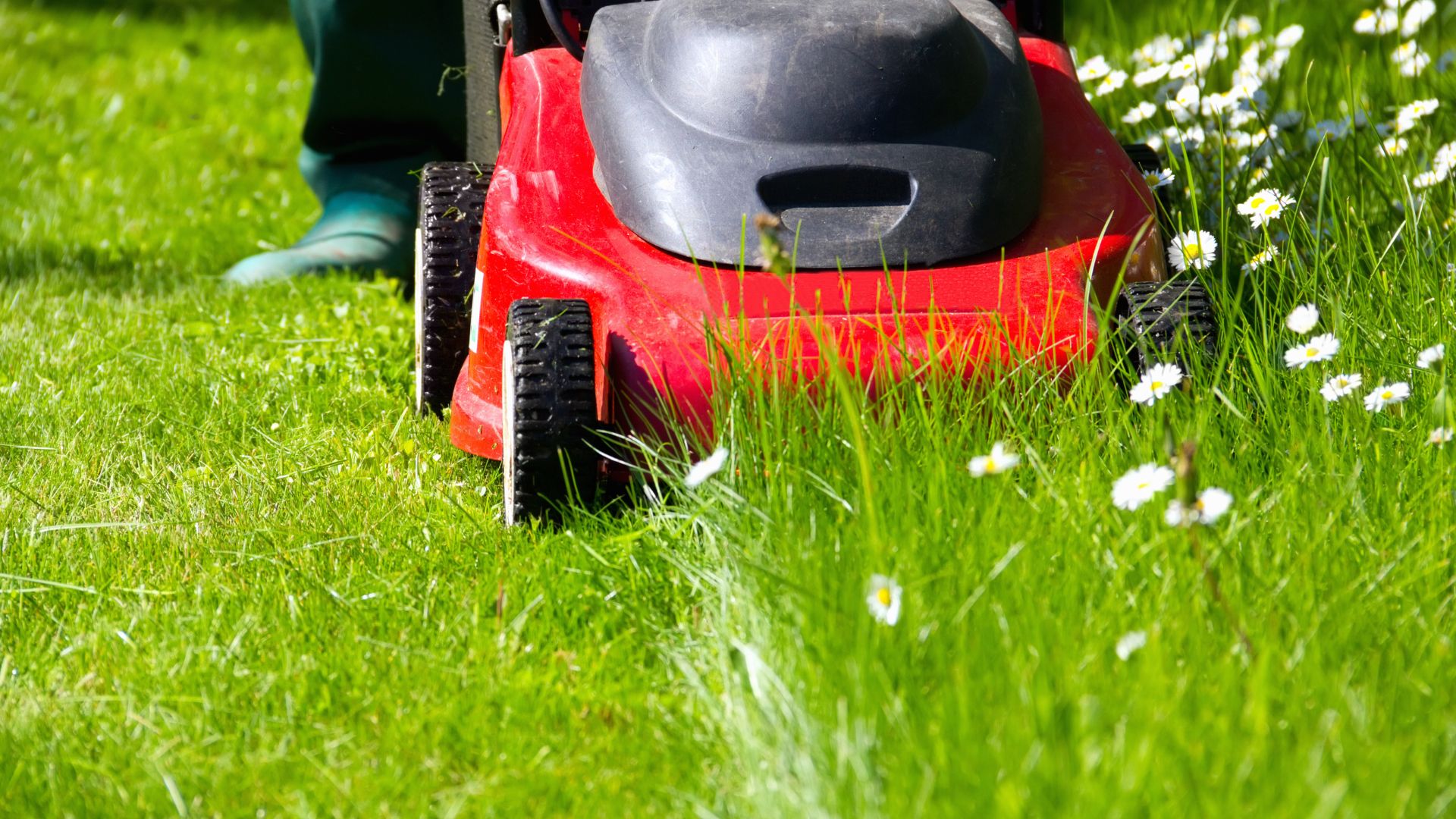
I’ve learned that mowing the lawn isn’t just about keeping things tidy—it’s also about keeping the peace. Nothing starts drama faster than firing up the mower at sunrise or blowing clippings onto your neighbor’s driveway.
A few simple habits can make all the difference (and save you from awkward sidewalk standoffs). I’ve picked up these rules over time, usually the hard way.
Here’s what every lawn-loving neighbor should know to keep things friendly and frustration-free.
1. Mind Your Mowing Hours

Nobody wants to be jolted awake by the roar of a lawnmower at 6 AM on a Saturday. Most communities consider 9 AM to 8 PM on weekdays and 10 AM to 8 PM on weekends appropriate mowing hours.
Respecting these timeframes prevents noise complaints and allows neighbors to enjoy peaceful mornings. When in doubt about local noise ordinances, check with your HOA or city guidelines for specific restrictions in your area.
2. Clean Up Grass Clippings
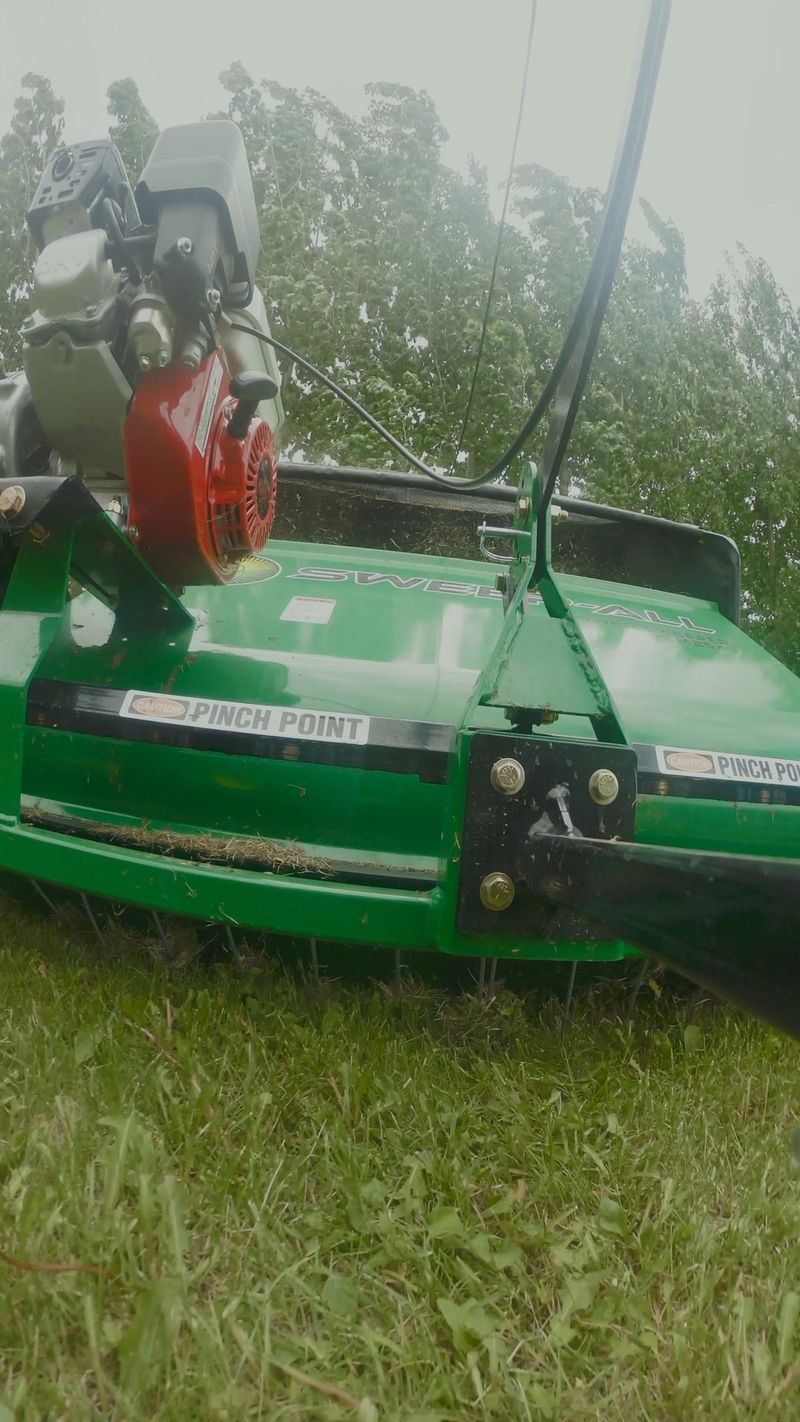
Those green trails left on sidewalks and driveways aren’t just unsightly – they’re actually hazardous. Wet clippings create slippery conditions for pedestrians and can stain shoes and car interiors when tracked inside.
Always take a few extra minutes with a blower or broom to clear pathways after mowing. Your neighbors with strollers, wheelchairs, or those who simply enjoy walking without green-stained shoes will silently thank you.
3. Maintain Mowing Patterns
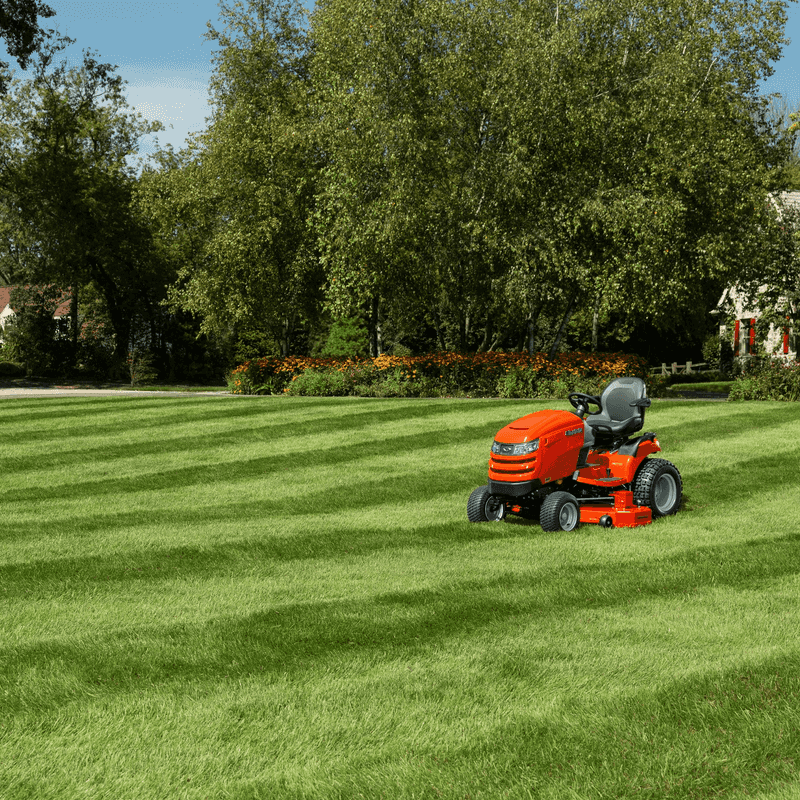
Switching up your mowing direction each time you cut the grass promotes healthier growth and prevents soil compaction. This simple technique helps create a more uniform appearance across your lawn and neighboring properties.
Consistent patterns also reduce the chance of scalping or damaging your lawn’s edge where it meets your neighbor’s property. A clean, straight line between yards shows attention to detail and respect for property boundaries.
4. Control Your Clippings Direction
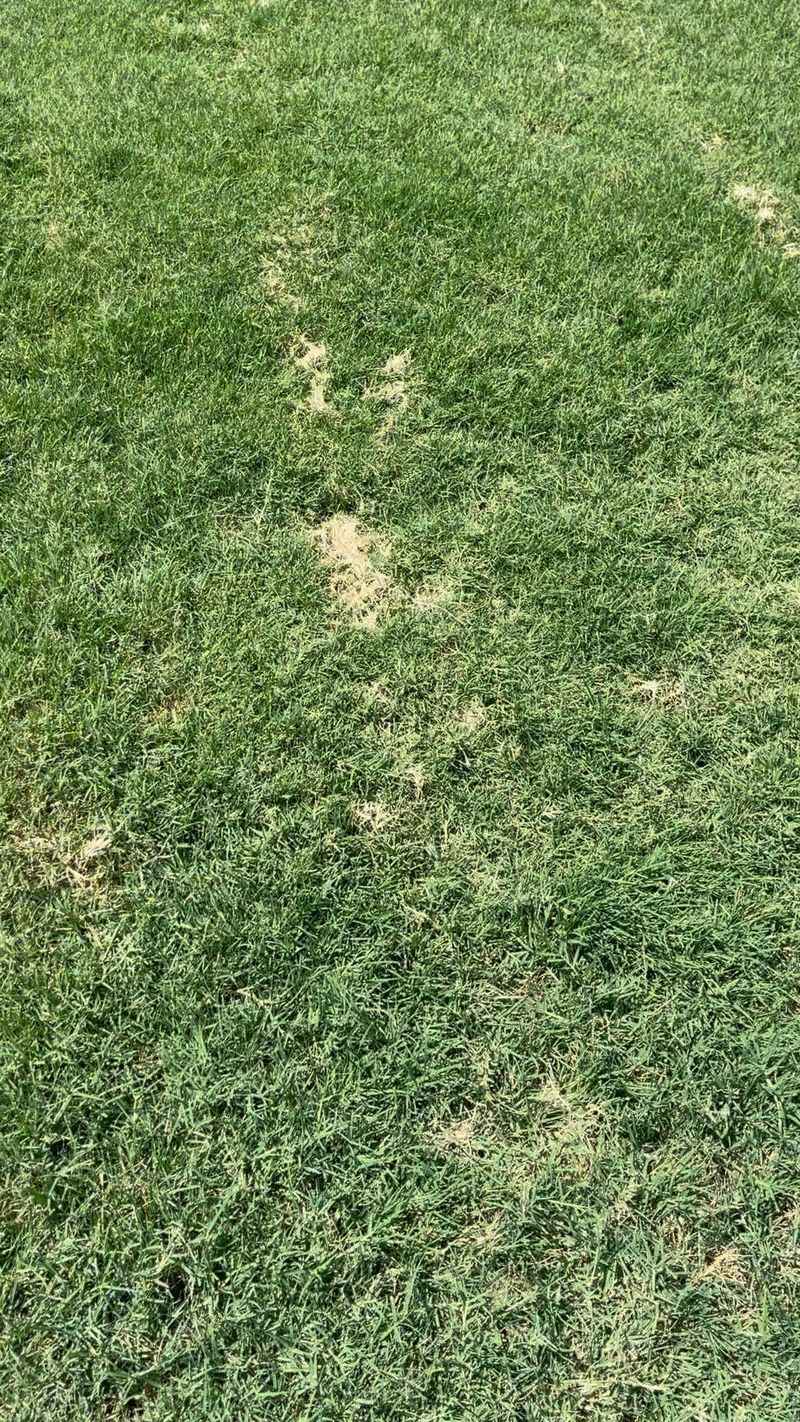
Aiming your mower discharge chute away from neighboring properties, vehicles, and pedestrians is basic courtesy. Modern mowers allow you to adjust where clippings fly, so take advantage of this feature.
When mowing near property lines, direct clippings inward toward your own lawn. This prevents your grass from landing on your neighbor’s freshly washed car or newly planted garden beds. Small adjustments like this build goodwill without requiring extra effort.
5. Keep Equipment Well-Maintained
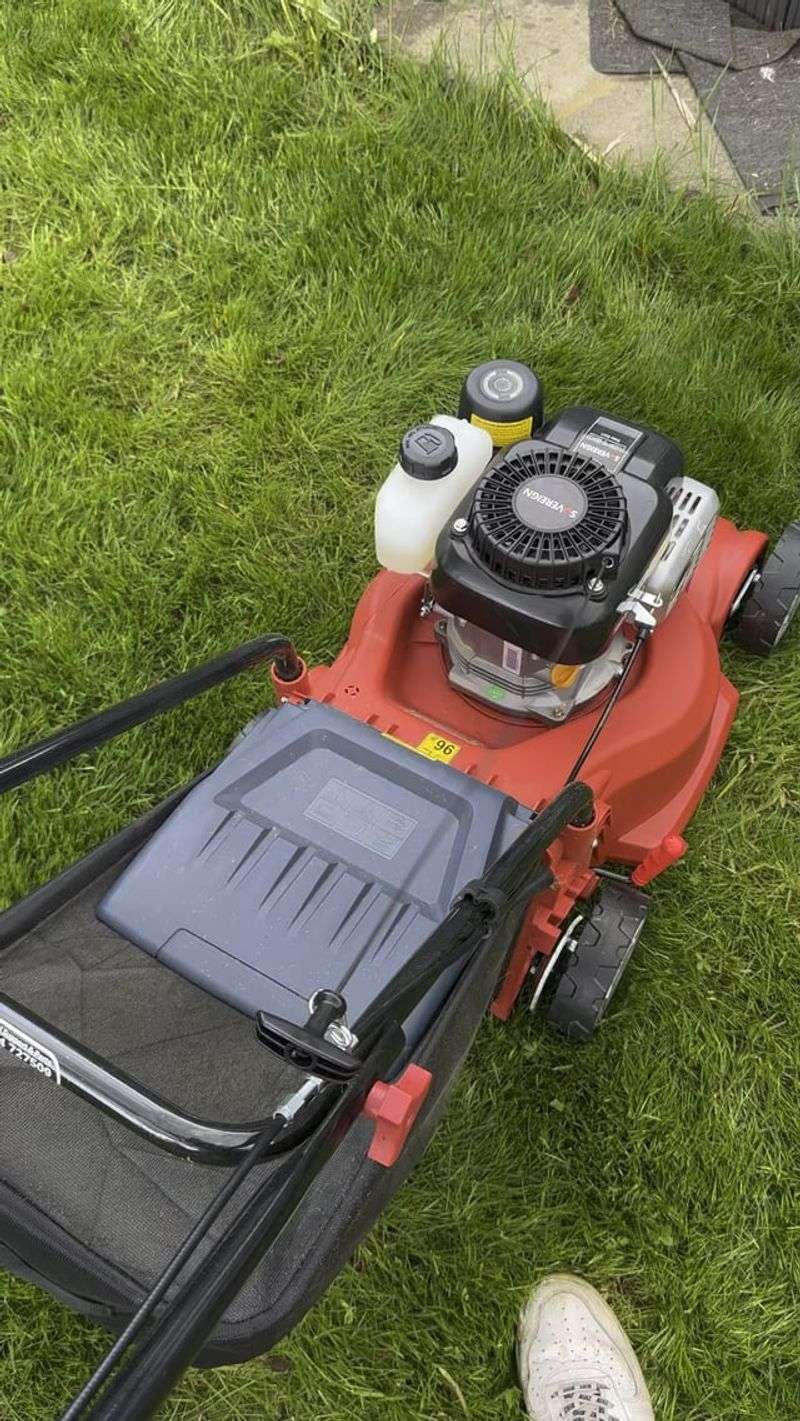
A poorly maintained mower creates excessive noise and pollution that affects everyone nearby. Regular tune-ups ensure your equipment runs efficiently and quietly, minimizing disruption to neighbors.
Check for loose parts that rattle, sharpen blades regularly, and keep the muffler in good condition. Well-maintained equipment not only shows consideration for others but also gives your lawn a cleaner cut, improving the overall appearance of your neighborhood.
6. Respect Property Boundaries
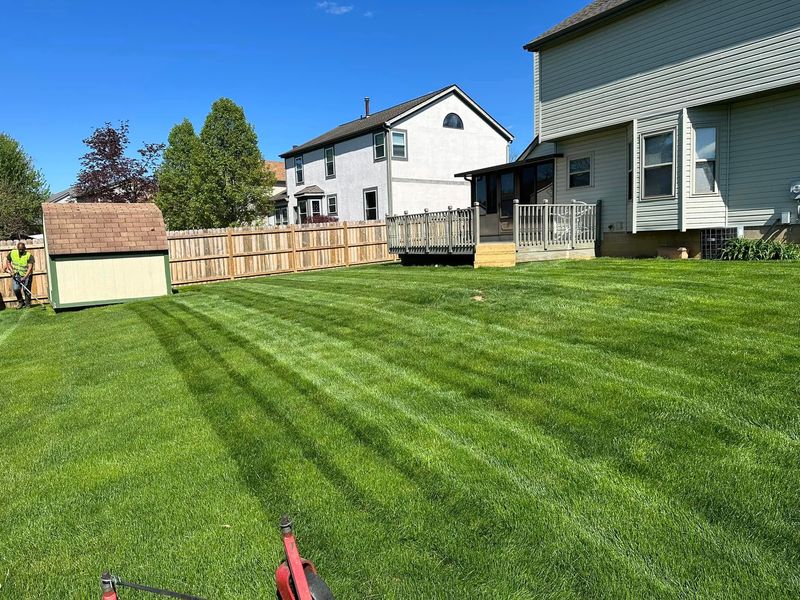
Never assume your neighbor wants you to mow part of their lawn, even if it seems like you’re doing them a favor. Property boundaries should be respected unless you have explicit permission to cross them.
If you’re uncertain about where your property ends, consult property surveys or have a friendly conversation with your neighbor. Clear communication prevents misunderstandings that could escalate into neighborhood disputes over something as simple as lawn maintenance.
7. Be Mindful of Allergies
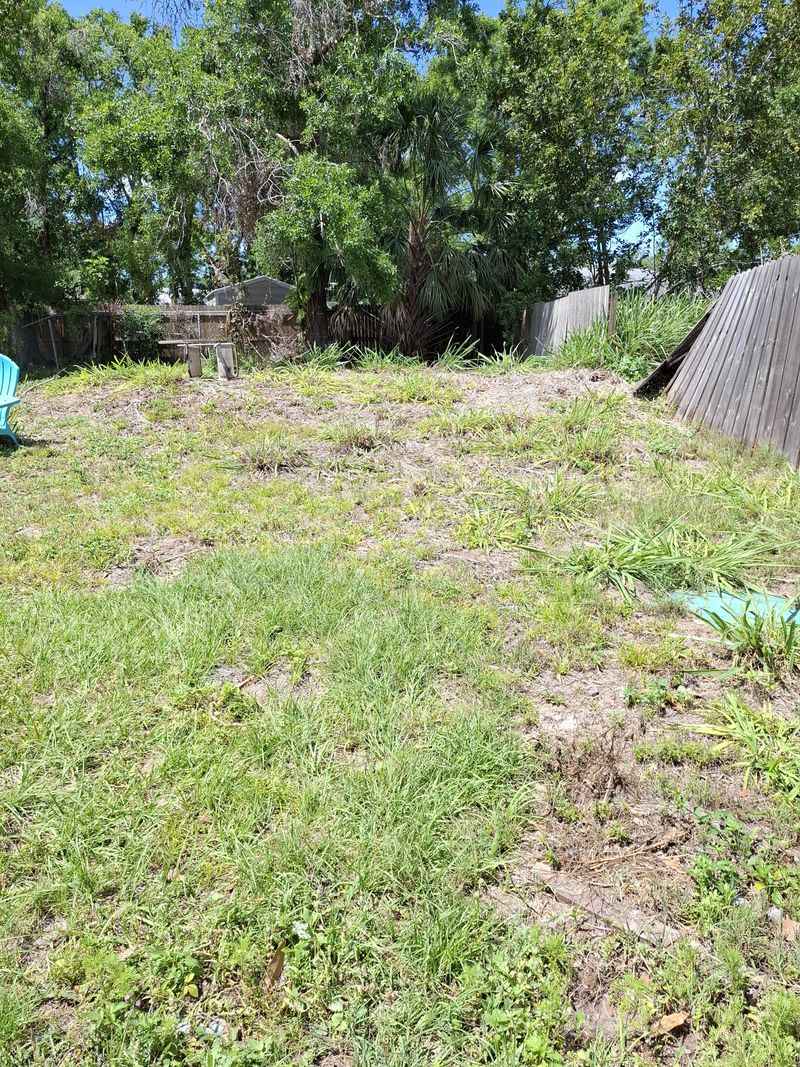
For neighbors with respiratory issues or allergies, lawn mowing season can be miserable. Consider checking if nearby residents have severe grass allergies and try to mow when they’re less likely to be outdoors.
A simple heads-up before you start mowing gives allergy sufferers time to close windows or plan indoor activities. This thoughtfulness costs nothing but can significantly improve quality of life for sensitive individuals during peak pollen seasons.
8. Watch For Flying Debris
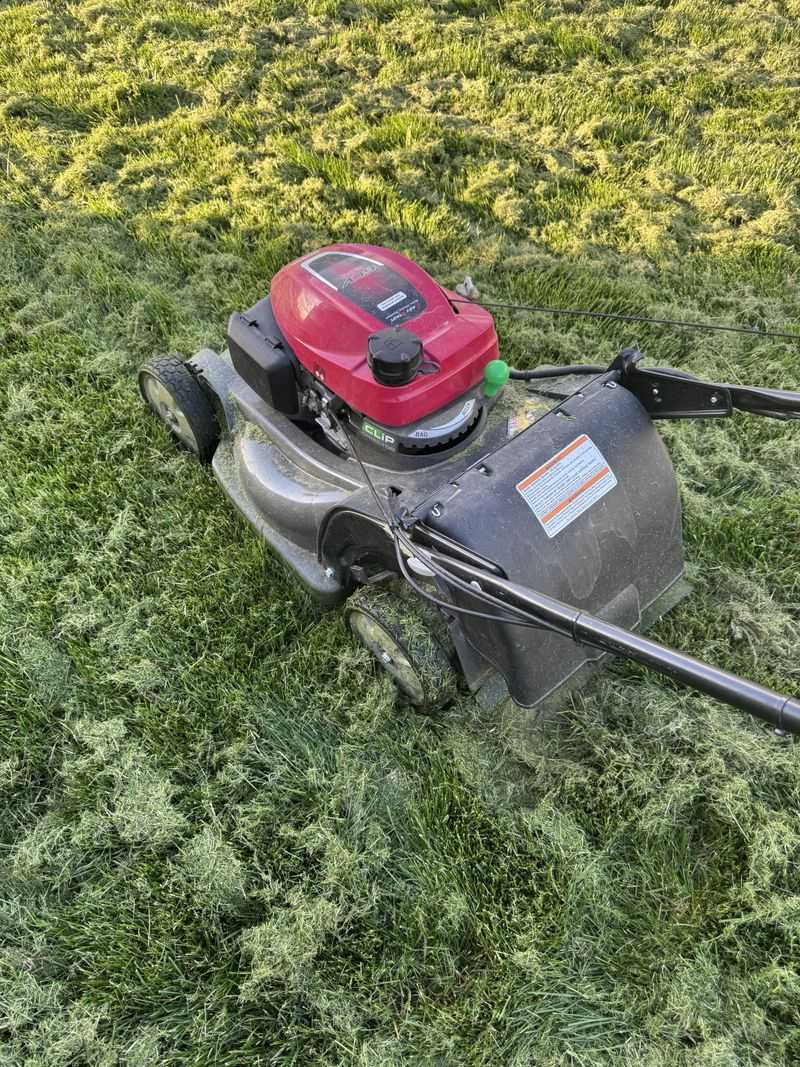
Before mowing, scan your lawn for sticks, rocks, toys, or other objects that could become dangerous projectiles. Mower blades spinning at high speeds can launch debris with surprising force.
Pay extra attention when mowing near roads, sidewalks, or neighboring properties. Temporarily stopping when pedestrians pass by shows awareness and concern for safety. This simple precaution prevents property damage and potential injuries that could strain neighborhood relationships.
9. Maintain Consistent Schedules
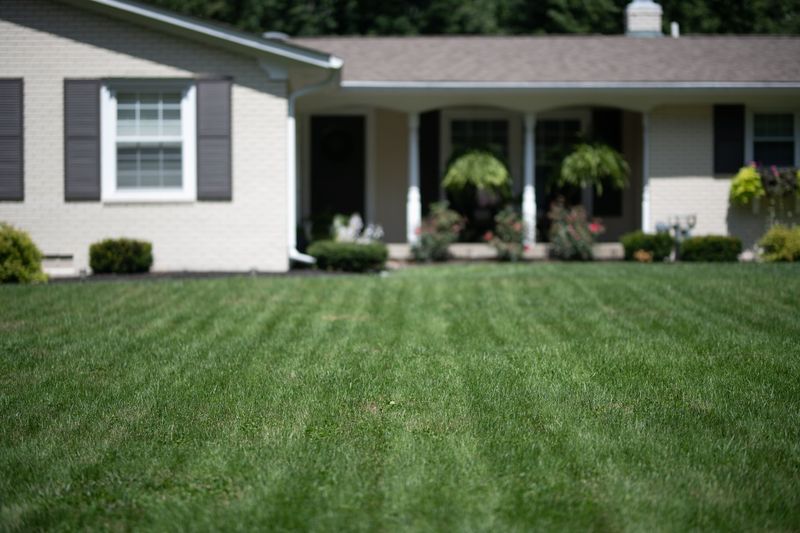
Neighbors appreciate predictability when it comes to lawn maintenance. Establishing a regular mowing schedule helps others plan their outdoor activities around the temporary noise disturbance.
Try to mow on the same day and time each week when possible. Consistency reduces the perception of noise as a nuisance since it becomes an expected part of the neighborhood rhythm rather than a surprise interruption to someone’s peaceful afternoon.
10. Communicate About Shared Areas
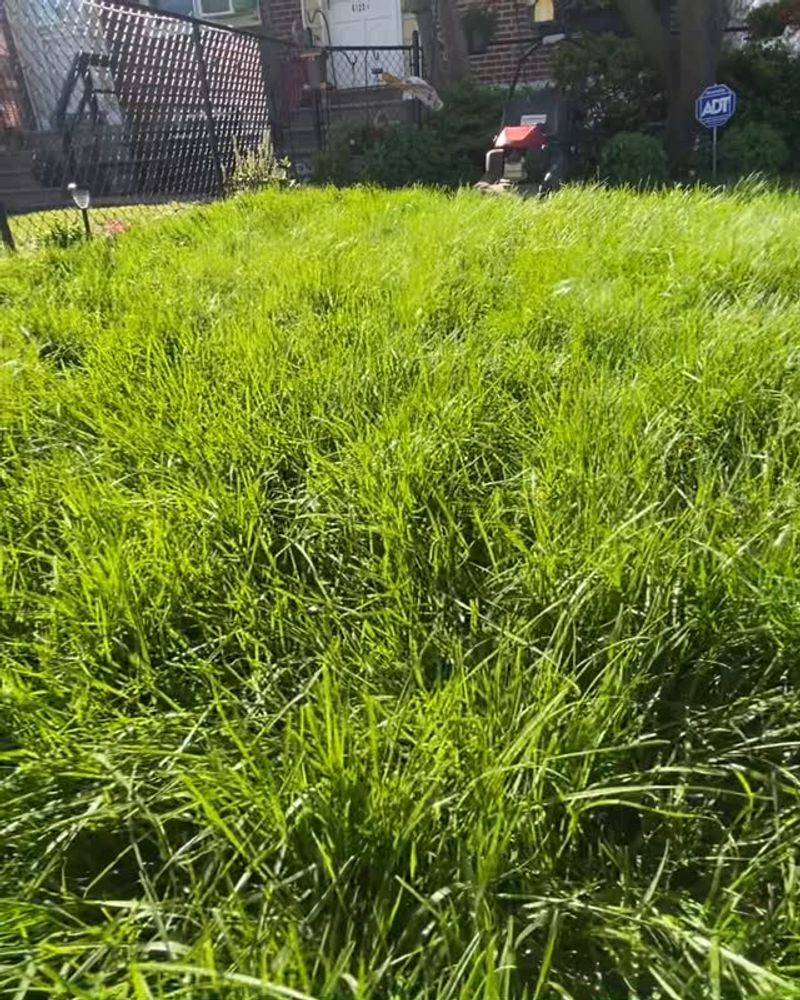
Cul-de-sacs, berms, and other common areas often fall into maintenance gray zones. Rather than assuming responsibility or ignoring these spaces, talk with neighbors about creating a fair rotation system.
A quick conversation can establish who handles which areas and when. Many neighborhoods successfully implement shared maintenance schedules for common spaces, preventing the resentment that builds when maintenance falls disproportionately on one household.
11. Give Advance Notice For Contractors
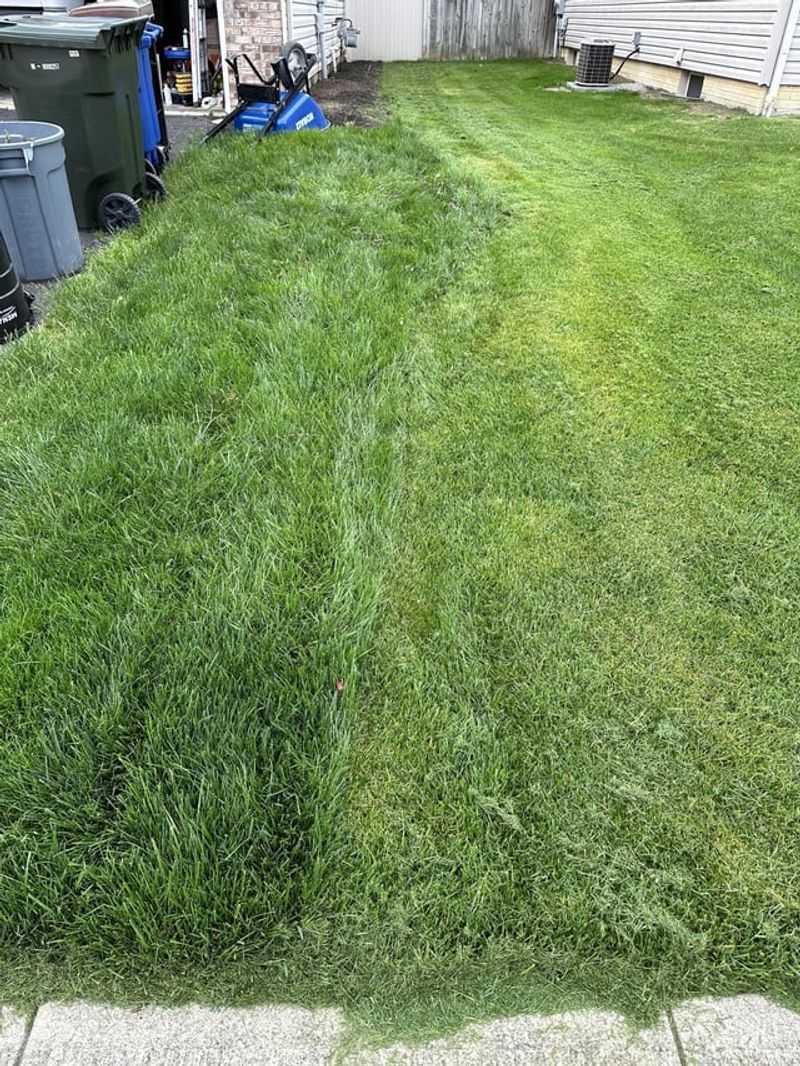
Hiring professional lawn services? Let your neighbors know when crews will be working, especially for larger projects that involve multiple noisy machines or extended work periods.
A simple text message or note provides neighbors the opportunity to plan around the disturbance. This courtesy is particularly appreciated for early morning service appointments or when multiple properties in the neighborhood schedule services on the same day.
12. Be Considerate During Special Events
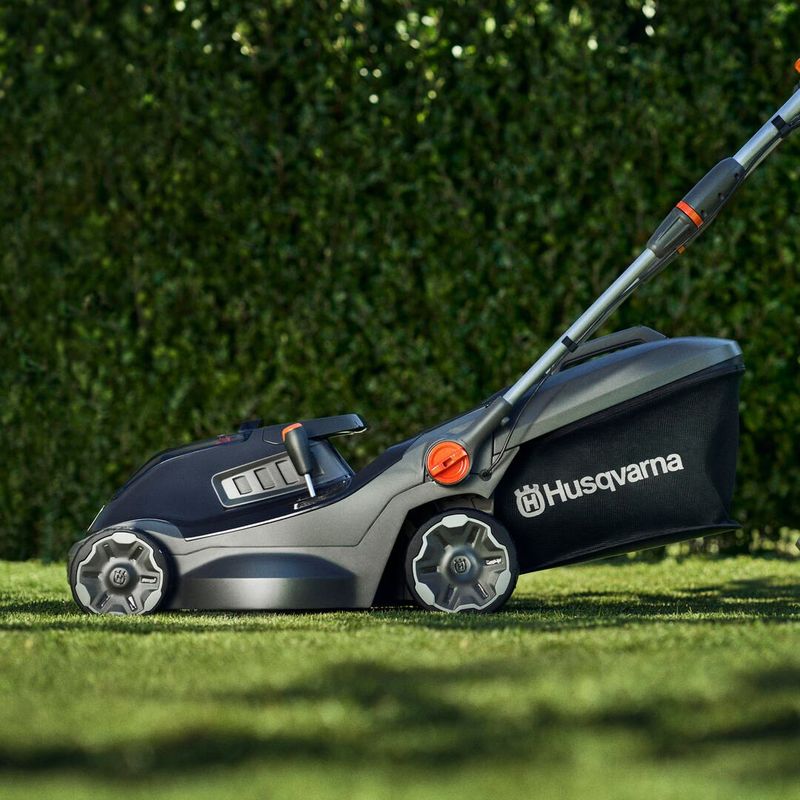
Nothing ruins a graduation party or backyard wedding faster than the neighbor who decides it’s the perfect time to mow. Pay attention to signs of gatherings next door and postpone your lawn maintenance accordingly.
If you notice party preparations or unusual activity at a neighbor’s home, a quick check-in shows thoughtfulness. Most lawn care can wait a day without consequence, but the goodwill generated by this consideration builds lasting positive relationships.
13. Handle Complaints Graciously
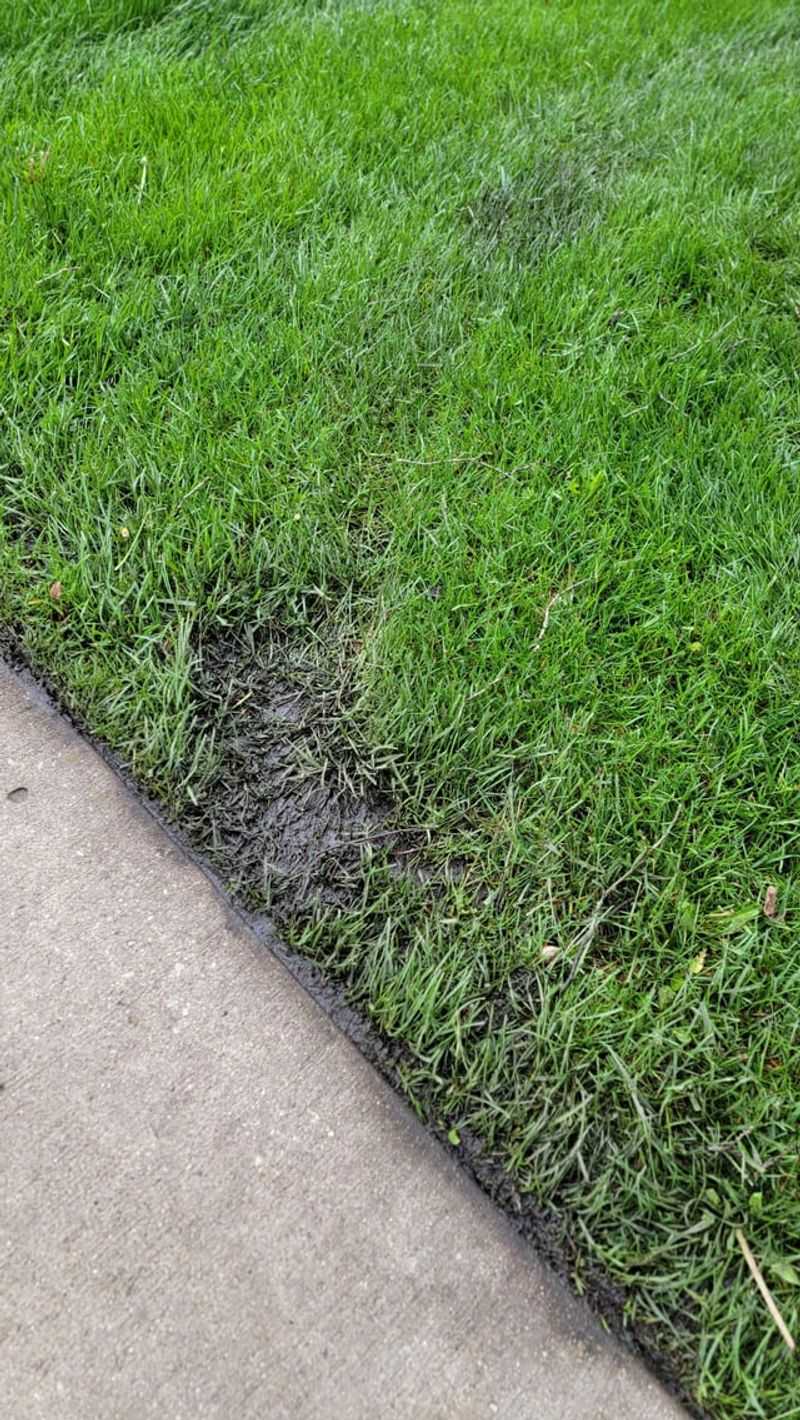
Even with the best intentions, you might occasionally receive feedback about your mowing habits. Responding defensively only escalates tensions and damages neighborhood harmony.
Listen openly to concerns and be willing to adjust your routine when reasonable. Most lawn-related conflicts stem from simple misunderstandings that can be resolved through calm conversation. Remember that compromise is essential in close community living.
14. Share Resources When Possible
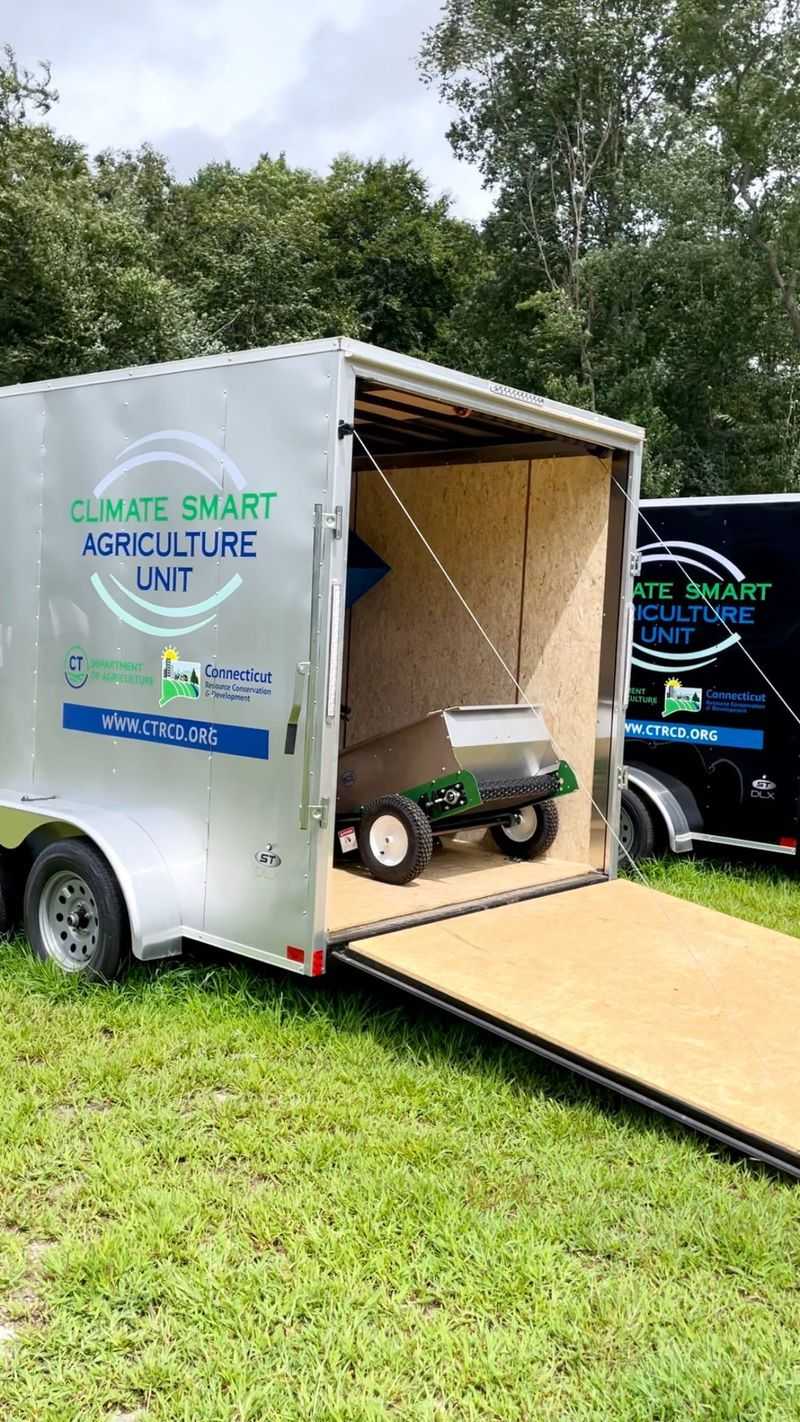
Offering to help elderly or temporarily disabled neighbors with lawn maintenance builds community spirit. A quick pass with your mower over their front yard might take you ten extra minutes but means the world to someone struggling.
Similarly, lending equipment or sharing lawn care tips creates positive connections. These small gestures of generosity transform neighborhoods from collections of houses into true communities where people look out for each other’s well-being.
15. Avoid Mowing Right After Rain
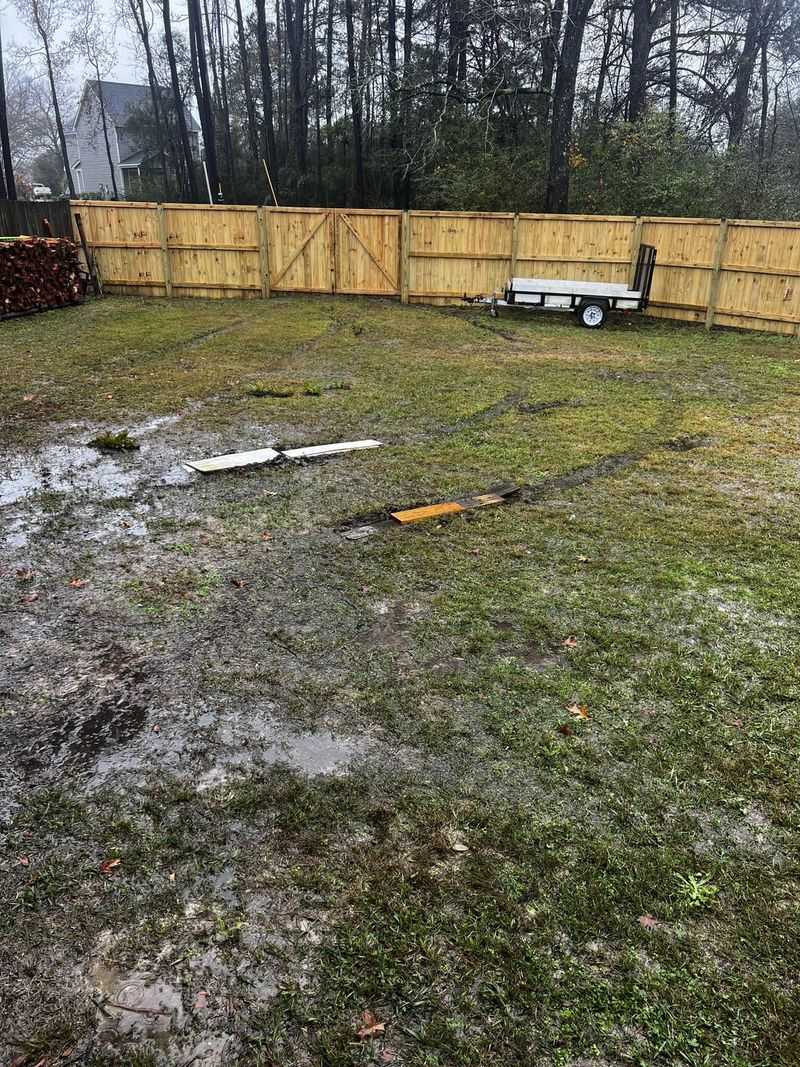
Cutting grass when it’s wet can damage both your lawn and your mower—not to mention splatter mud all over sidewalks, driveways, and even neighboring properties. Wet grass clumps more easily, leading to uneven cuts and unsightly piles that stick to shoes and wheels.
Waiting until the lawn dries not only gives you a cleaner finish but also keeps sidewalks safer and less messy for anyone passing by. Your mower will thank you too—wet conditions can clog blades and cause unnecessary wear. A little patience keeps things neater for everyone on the block.
16. Avoid Mowing Over Sprinkler Heads
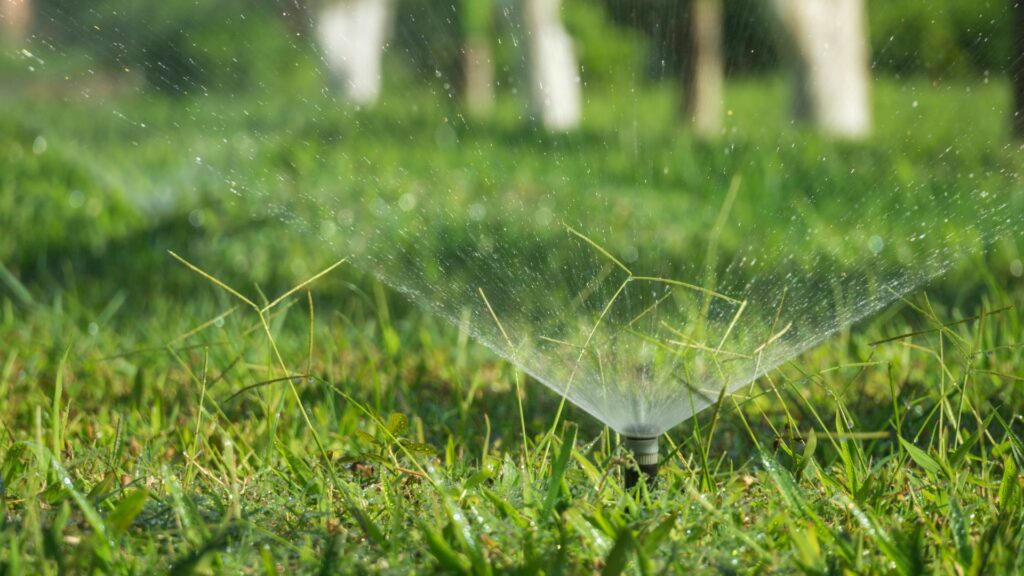
Hidden sprinkler heads can easily be damaged by mower blades, and repairs aren’t cheap—for you or your neighbor. If your lawn borders another yard with irrigation, be mindful of where the sprinkler heads might pop up.
Walk the perimeter and shared lines before mowing, especially after installation or repairs. Damaging someone else’s system can lead to unexpected costs and strained relationships, so a quick visual check goes a long way in preventing mishaps.
17. Store Fuel And Equipment Safely
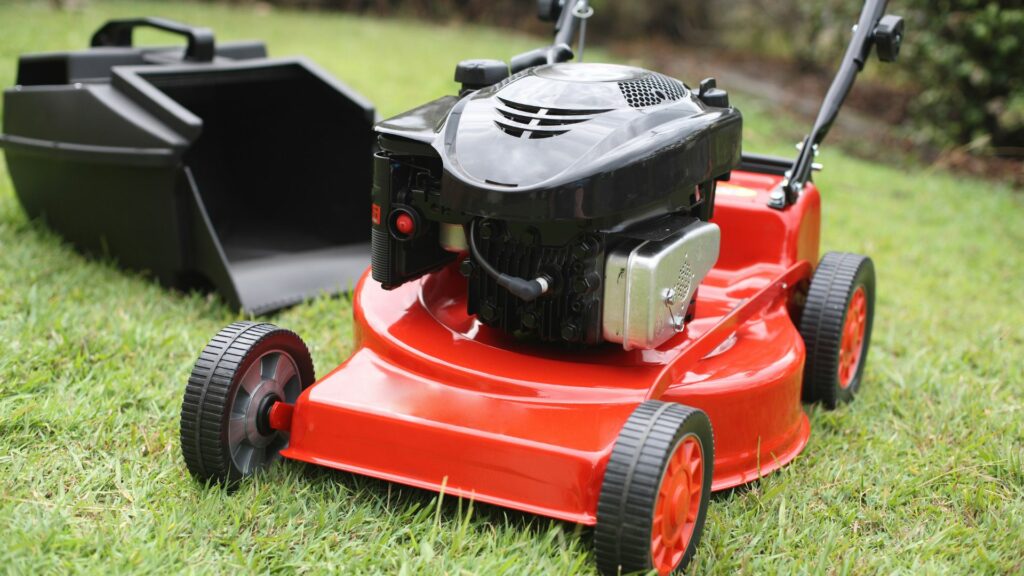
Leaving gas cans or mower parts visible near property lines not only looks messy but can also raise safety concerns. Fumes from improperly stored fuel or the sight of tools lying around can make neighbors uneasy—especially those with kids or pets.
Keep equipment and supplies secured in a shed or garage when not in use. A tidy setup shows you’re mindful of shared spaces and committed to keeping the neighborhood looking clean and feeling safe.






